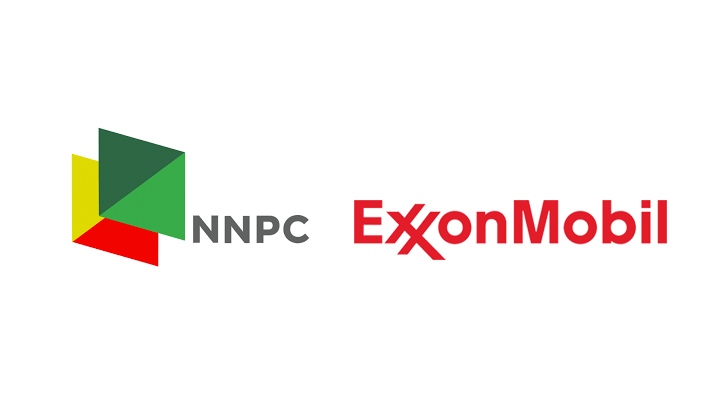The Nigerian National Petroleum Company Limited and ExxonMobil made a move toward settling their differences regarding the latter’s asset sale to Seplat Energy, which could result in an increase of 480,000 barrels in Nigeria’s daily crude oil production.
On Thursday, the NNPCL confirmed it had signed a settlement agreement with ExxonMobil companies in Nigeria over the proposed divestment of a 100 percent interest in Mobil Producing Nigeria Unlimited to Seplat Energy Offshore Limited.
This is coming barely 24 days after President Bola Tinubu announced his intervention in the debacle between NNPCL and ExxonMobil, hindering the sale of the assets to Seplat.
The Minister of States for Petroleum, Heineken Lokpobiri, said recently that Nigeria had lost about $30 billion in the past two and a half years as a result of the unsuccessful divestment.
The minister expressed concerns that Nigeria was losing about 480,000 barrels of crude oil per day due to the Seplat/ExxonMobil crisis.
He said the asset was producing about 600,000 bpd until the crisis began in 2022, saying the nation was losing millions of dollars daily.
According to information previously obtained by Trust News Africa, ExxonMobil and Seplat Energy signed a $1.6 billion sales agreement in 2022 that called for Seplat to buy all of ExxonMobil’s shares in the NNPCL.
However, just when all hopes were high for the completion of the deal, a letter dated May 16, 2022, by the Nigerian Upstream Petroleum Regulatory Commission to ExxonMobil, stated that the deal could no longer hold because the NNPCL had exercised its right of pre-emption first refusal on the assets.
Pre-emption is a legal right that allows joint venture partners to be the first in line for any planned sales or acquisitions of the ventures’ assets, should one of them decide to trade them off.
According to reports, the NNPCL objected to the sale of ExxonMobil’s equity to Seplat and insisted on exercising its first refusal, right after which the company reportedly made an offer above $1.6 billion to ExxonMobil.
But after about two years of litigation, there seems to be an end in sight to the crisis.
According to the minister, the oil output from the asset dropped to 120,000 bpd, down from 600,000 bpd since the disagreement began.
Lokpobiri said, “For the past two and a half years, oil has been hovering around $80 per barrel. 480,000 bpd, multiply it by two and a half years, and it will give you about $34 billion. If one asset was doing about 600,000 barrels, but because of the problems we are trying to resolve, production declined to 120,000 barrels, which means we’ve lost about 480,000 bpd. Multiply it by $80, every day you get about $240 million; multiply it by two and a half years; we are talking about over $30 billion. If we inject that into our economy today, the dollar will naturally drop. This exchange rate is a matter of demand and supply.”.
The President’s intervention seems to have had the desired effect, as the NNPCL announced that a settlement agreement had been signed.
The energy company announced that it had signed a settlement agreement with Mobil Producing Nigeria Unlimited, Mobil Development Nigeria Inc., and Mobil Exploration Nigeria Inc. concerning the proposed divestment of Mobil Producing Nigeria Unlimited’s 100% interest in Seplat Energy Offshore Limited.

